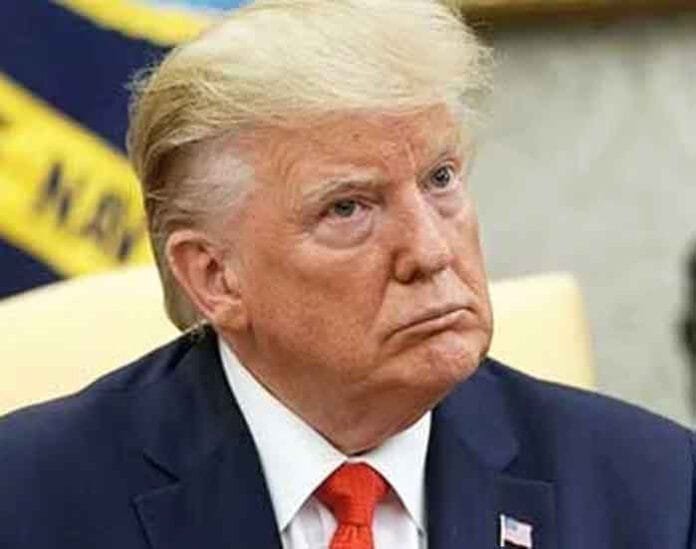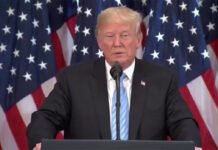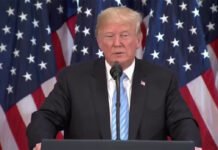Washington D.C. | November 1, 2025
In a landmark decision that could reshape global commerce, the U.S. Senate voted 68–31 late Friday to end the Trump-era global tariffs imposed on steel, aluminum, and various imported goods. The move marks one of the most significant trade policy reversals in recent U.S. history, signaling a renewed focus on cooperation with global allies and trade partners.
“This is about rebuilding trust in international trade and bringing predictability back to markets,” said Senate Majority Leader Chuck Schumer, following the vote.
💬 A Decisive Shift in Trade Philosophy
The repeal effectively dismantles tariffs imposed under Section 232 of the Trade Expansion Act, which President Donald Trump used to justify levies on imports from China, the EU, and even U.S. allies like Canada and Japan.
Economists say the rollback could boost manufacturing inputs, reduce costs for U.S. industries, and help lower inflationary pressures.
However, some Republican senators expressed concern that the decision may weaken American leverage in future trade negotiations.
“We’re giving up critical tools that protected American jobs,” argued Senator Josh Hawley (R-MO), who voted against the repeal.
📉 Market Reactions and Economic Impact
Global markets reacted swiftly. The Dow Jones Industrial Average rose 1.4%, while Asian and European markets also posted gains amid optimism for smoother global trade flows.
According to a Bloomberg analysis, the repeal could cut import costs by nearly $90 billion annually, stimulating consumer spending and improving supply chain stability.
However, analysts caution that the policy change will take months to fully implement as new trade agreements must be negotiated and certified by the World Trade Organization (WTO).
🌐 Global Response: Relief and Readiness
World leaders welcomed the decision.
European Commission President Ursula von der Leyen called it a “constructive and stabilizing move,” while Japan’s trade minister described it as “a signal of restored economic diplomacy.”
In China, the Ministry of Commerce issued a statement emphasizing readiness for “balanced and mutually beneficial trade engagement,” though analysts remain skeptical about how U.S.-China relations will evolve.
💼 What This Means for Businesses
The repeal could reshape corporate strategies across multiple sectors:
Automotive & Steel: Lower input costs could revive U.S. car manufacturing margins.
Tech Industry: Reduced component costs for electronics may stabilize prices in 2026.
Agriculture: Farmers could gain access to cheaper fertilizers and machinery imports.
Trade analysts project that U.S. exports could rise by 4.8% over the next fiscal year, particularly in the industrial and agricultural sectors.
🗣️ Expert Analysis
“The Senate’s decision is both economic and symbolic — it signals that America wants to lead through cooperation, not confrontation,” said Dr. Emily Patterson, Senior Fellow at the Brookings Institution.
“But it also sets a new standard — trade policies must align with climate goals and digital innovation,” she added.















